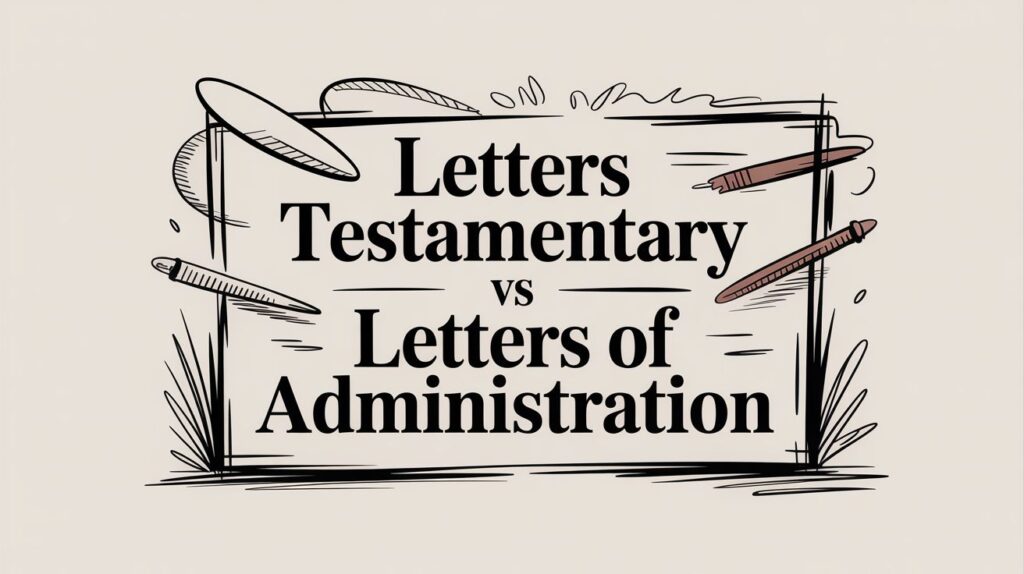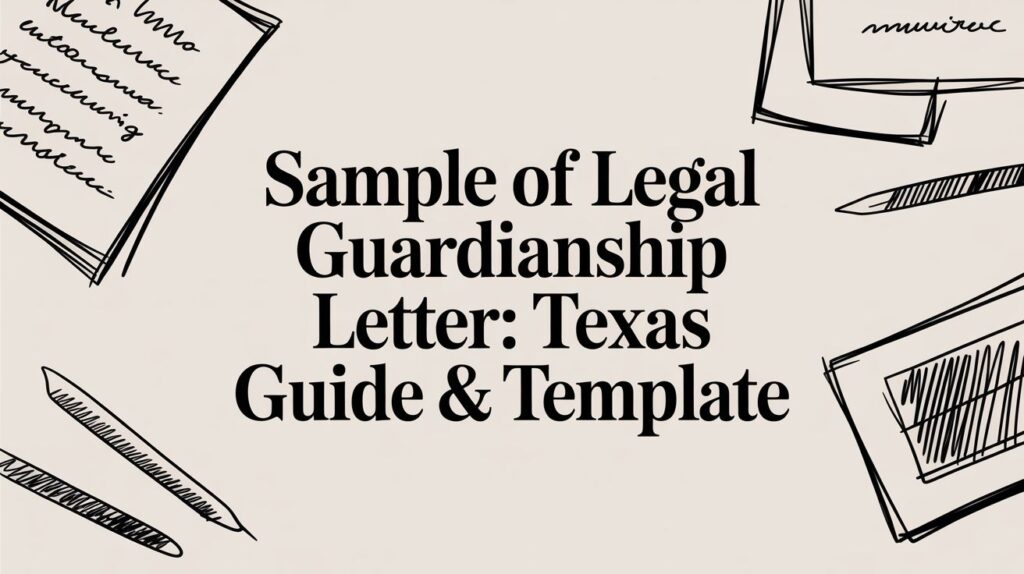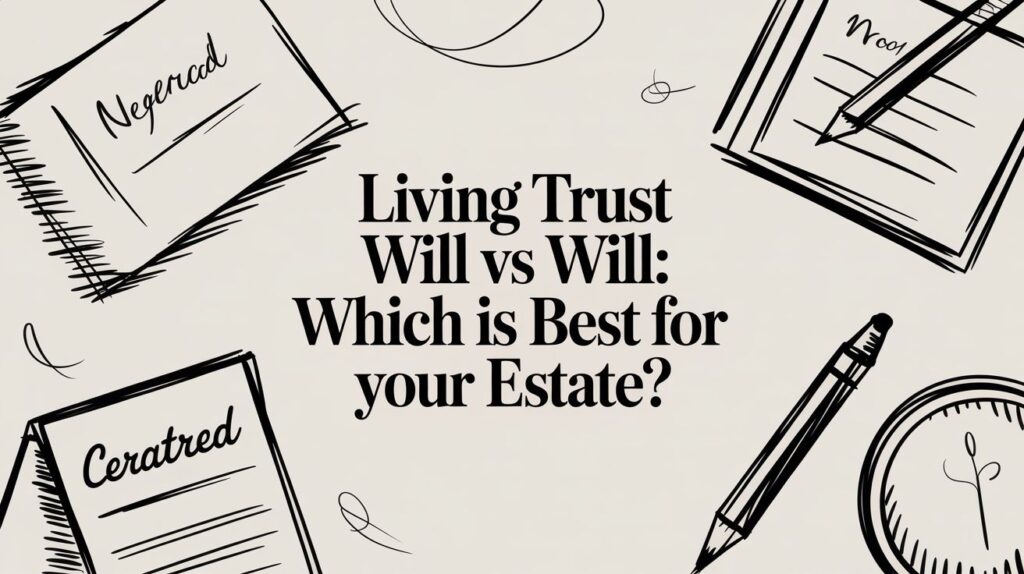Eminent domain can be a complex and sensitive issue, especially when it intersects with Texas probate real estate. Probate itself is already a lengthy legal process where the estate of a deceased person is administered, and if the property in question is subject to eminent domain, the situation becomes even more complicated. In this comprehensive guide, we will explore the concept of eminent domain, how it works in Texas, and most importantly, how it can impact real estate tied up in probate.
Understanding Eminent Domain
Eminent domain refers to the power of the government to take private property for public use, provided that just compensation is given to the property owner. This power is enshrined in both the U.S. Constitution and the Texas Constitution. While the idea of government taking over private land may seem alarming, it’s often used for purposes like building roads, schools, or infrastructure projects that benefit the public.
However, just compensation — the amount paid to the property owner — can be a contentious issue. In many cases, the government and the property owner may disagree on the value of the property, leading to legal disputes. The property owner has the right to contest the amount of compensation in court, which can prolong the process.

The Intersection of Probate and Eminent Domain in Texas
In Texas, probate real estate refers to property that is part of a deceased person’s estate and is under the jurisdiction of the probate court. When real estate is included in probate, it is often passed down to heirs or sold to pay off debts or distribute assets among beneficiaries.
Eminent domain can intersect with probate in a few ways. One of the more common scenarios is when the government initiates eminent domain proceedings on real estate that is part of a probate estate. This typically occurs when the government has identified a need for the property in question but must navigate the probate process to acquire it.
Key Issues That Arise When Eminent Domain and Probate Collide
Several complications can arise when eminent domain affects real estate in probate, including issues with determining ownership, delays in compensation, and potential legal disputes over property value. Let’s break down some of the key challenges.
1. Determining Ownership and Authority
In a typical real estate transaction, the property owner can negotiate compensation with the government/. However, when the property is part of a probate estate, the owner may be deceased, and determining who has the legal authority to negotiate on behalf of the estate can become complicated.
During probate, an executor (if there is a will) or an administrator (if there isn’t a will) is appointed by the court to handle the estate’s affairs. The executor or administrator would typically have the legal authority to negotiate with the government on matters related to eminent domain. However, they are bound by their fiduciary duty to act in the best interests of the estate and the beneficiaries, which means they may face scrutiny or opposition from the heirs if the proposed compensation is deemed insufficient.
2. Property Valuation Disputes
When eminent domain is invoked, the government offers “just compensation” for the property, which is supposed to reflect its fair market value. In probate, determining the value of the property becomes even more significant because the proceeds from the sale of the property may be distributed among multiple heirs or used to settle debts.
There can be disagreements between the government and the estate over the value of the property, leading to disputes that can prolong the probate process. If the executor or administrator disagrees with the government’s valuation, they may need to hire appraisers, engage legal counsel, and potentially take the case to court to secure a higher compensation.

3. Delays in Probate Proceedings
Eminent domain can significantly delay the probate process, especially if disputes arise over compensation. In probate, the court oversees the distribution of assets, and the real estate may need to be sold or transferred to settle the estate. If eminent domain proceedings are ongoing, it may be impossible to finalize the distribution of the estate until the matter is resolved.
For example, if a probate estate includes a parcel of land that the government seeks for a highway expansion, the court may delay the distribution of other assets until the compensation for the land is finalized. This can be frustrating for beneficiaries who are waiting for their inheritance and adds to the overall complexity of probate administration.
4. Heir Disputes and Family Tensions
In many cases, probate real estate represents a significant portion of the estate’s value. Eminent domain can create tensions among heirs, especially if some beneficiaries feel that the property is worth more than the compensation offered by the government.
For example, imagine a situation where a decedent’s estate includes a family ranch that has been in the family for generations. If the government seeks to take part of the ranch for a public project, heirs might object, particularly if they believe that the land holds sentimental value or future financial potential beyond the government’s offer. The executor may face pushback from the heirs, leading to internal family disputes.
5. Complex Tax Implications
When real estate is acquired through eminent domain, the compensation paid to the estate is considered a taxable event. If the property was sold under normal circumstances, any capital gains would be calculated based on the property’s value at the time of the decedent’s death, known as the “stepped-up basis.”
However, if eminent domain comes into play, the calculation for taxes can become more complex, especially if the government’s compensation is higher or lower than the property’s appraised value at the time of death. Executors and administrators must carefully consider these tax implications, as they affect the overall value of the estate and the distribution of assets to the beneficiaries.
Eminent Domain During Probate: Real-Life Scenarios
To further illustrate how eminent domain can impact probate real estate in Texas, let’s consider a few real-life examples.
Scenario 1: Urban Development and Probate Property
In a rapidly growing Texas city like Austin, imagine that a decedent’s estate includes a commercial property located near the downtown area. The city wants to expand public transportation infrastructure and has identified this property as part of the planned route.
The executor, working with the probate court, now has the added task of negotiating compensation with the city while also ensuring the estate is settled fairly. The property’s beneficiaries, some of whom may not even live in the state, have varying opinions on whether to accept the city’s offer. They might hire their own appraisers, and if the city’s offer doesn’t meet their expectations, the matter could wind up in a lengthy legal battle.
Scenario 2: Family-Owned Farmland Targeted by Eminent Domain
In rural Texas, consider the case of a family-owned farm that has passed down through several generations. When the patriarch of the family dies, the farm becomes part of the probate estate. Meanwhile, the state plans to build a new highway that cuts through the farmland. The heirs have emotional ties to the property, and some are opposed to selling any part of it, even though the government insists it is necessary for public use.
Here, the executor must balance the heirs’ wishes with the legal obligation to cooperate with the government’s eminent domain process. The family may challenge the compensation offered by the state, causing delays in probate and possible litigation over the property’s value.
Navigating the Legal Landscape: Strategies for Executors
As an executor or administrator of a probate estate facing eminent domain, there are several key strategies you can employ to navigate the process successfully.
1. Seek Professional Guidance
When dealing with both probate and eminent domain, legal expertise is essential. Consider working with both a probate attorney and an attorney who specializes in eminent domain law. These professionals can help you negotiate with the government and ensure that the rights of the estate and the beneficiaries are protected.

2. Keep Beneficiaries Informed
Communication is key when dealing with sensitive matters like eminent domain. Keep the beneficiaries informed throughout the process and seek their input when appropriate. Open communication can help prevent disputes and ensure that all parties feel included in important decisions.
3. Ensure Accurate Property Valuations
Don’t rely solely on the government’s property appraisal. It’s often worth hiring an independent appraiser to assess the fair market value of the property. This can give you leverage in negotiations and ensure that the estate receives the full compensation it deserves.
4. Prepare for Tax Implications
Consult with a tax professional to understand the tax implications of eminent domain compensation. Be aware that any proceeds from the sale will affect the estate’s taxes and may influence the overall distribution of assets to the beneficiaries.
Conclusion: The Complex Intersection of Eminent Domain and Probate Real Estate in Texas
While both probate and eminent domain are complicated legal processes on their own, their intersection can create unique challenges for executors, administrators, and beneficiaries alike. Understanding your role as executor, maintaining clear communication with all parties, and seeking expert legal guidance are all crucial to navigating this complex landscape.
Eminent domain can disrupt the probate process and create additional legal and emotional hurdles, but with careful planning and a clear strategy, you can successfully manage the situation and ensure the best possible outcome for the estate.








